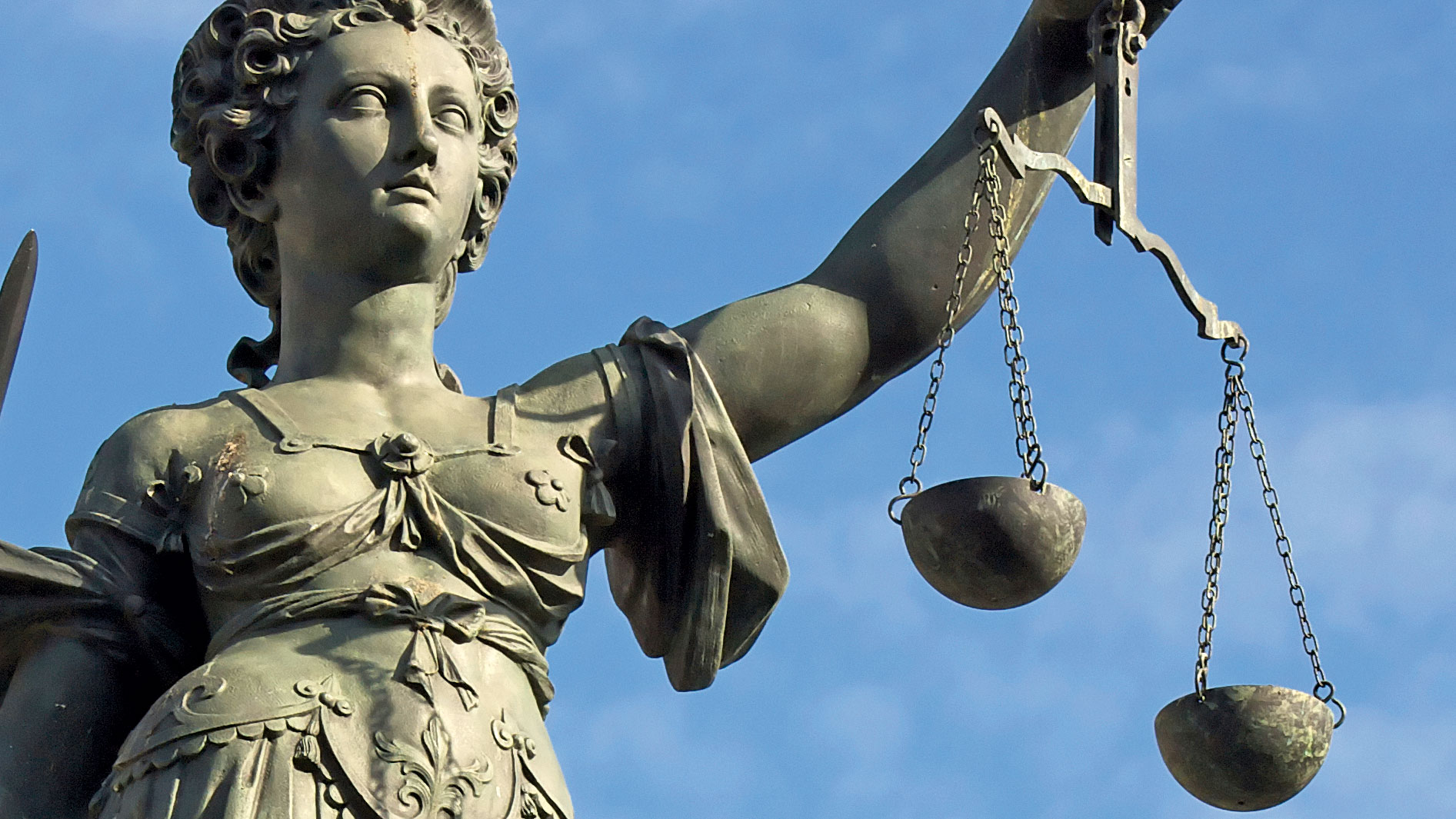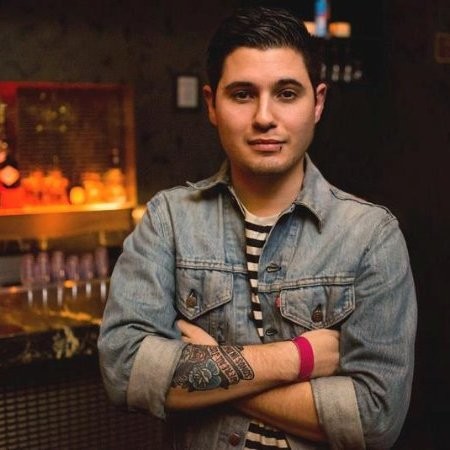Noise Free suing Apple over noise-canceling patent infringement
Plus breach of contract and theft of trade secrets

California company Noise Free Wireless leveled a patent infringement suit against Apple, alleging that the tech giant stole their noise-canceling technology.
Noise Free also alleges that Apple is in breach of contract and stole trade secrets from the Silicon Valley-based communication technology firm.
The suit claims that Noise Free met with Apple in 2007 to discuss using Noise Free digital voice enhancement technology in Apple's iPhone and iPad.
Noise Free claims they showed Apple PowerPoint presentations and provided them with circuit boards and a sample phone.
Noise Free alleges that Apple then cut off communications with Noise Free briefly in 2009 before filing for their own "use-specific noise suppression for voice quality improvements" patent.
In 2010, Apple then cut off business relations with Noise Free and decided to work instead with a competitor, Mountain View, Calif.-based Audience.
Noise Free is requesting a permanent injunction against Apple's infringing products, as well as damages and attorney fees.
Sign up for breaking news, reviews, opinion, top tech deals, and more.
Noise Free, Apple and Audience biting their tongues
Noise Free filed their complaint with the US District Court for the Northern District of California, claiming that Apple violated their noise-canceling technology patent, breached a contract, and stole trade secrets.
None of the involved companies seem to want to talk about it, though.
Apple has reportedly been unresponsive to queries, though it would be unusual for them if they acted otherwise.
Noise Free hasn't responded to TechRadar's email and phone queries, and Audience replied to say that they're not commenting "at this time."
Hopefully, all three companies are preparing statements, as there's plenty about this situation that needs clarification.
For example, had Noise Free patented their technology when they met with Apple? If so, how was Apple able to file for their own, allegedly infringing, patent?
And how does Audience fit into the equation? Were they aware of any possible conflicts when they agreed to work with Apple?
Is this a simple case of a jilted company bitter that Apple decided to go with the competition instead?
Given Apple's recent proclivity for patent litigation, they're not likely to back down from this suit, whether or not there's any substance to it.
Via CNET
Michael Rougeau is a former freelance news writer for TechRadar. Studying at Goldsmiths, University of London, and Northeastern University, Michael has bylines at Kotaku, 1UP, G4, Complex Magazine, Digital Trends, GamesRadar, GameSpot, IFC, Animal New York, @Gamer, Inside the Magic, Comic Book Resources, Zap2It, TabTimes, GameZone, Cheat Code Central, Gameshark, Gameranx, The Industry, Debonair Mag, Kombo, and others.
Micheal also spent time as the Games Editor for Playboy.com, and was the managing editor at GameSpot before becoming an Animal Care Manager for Wags and Walks.
